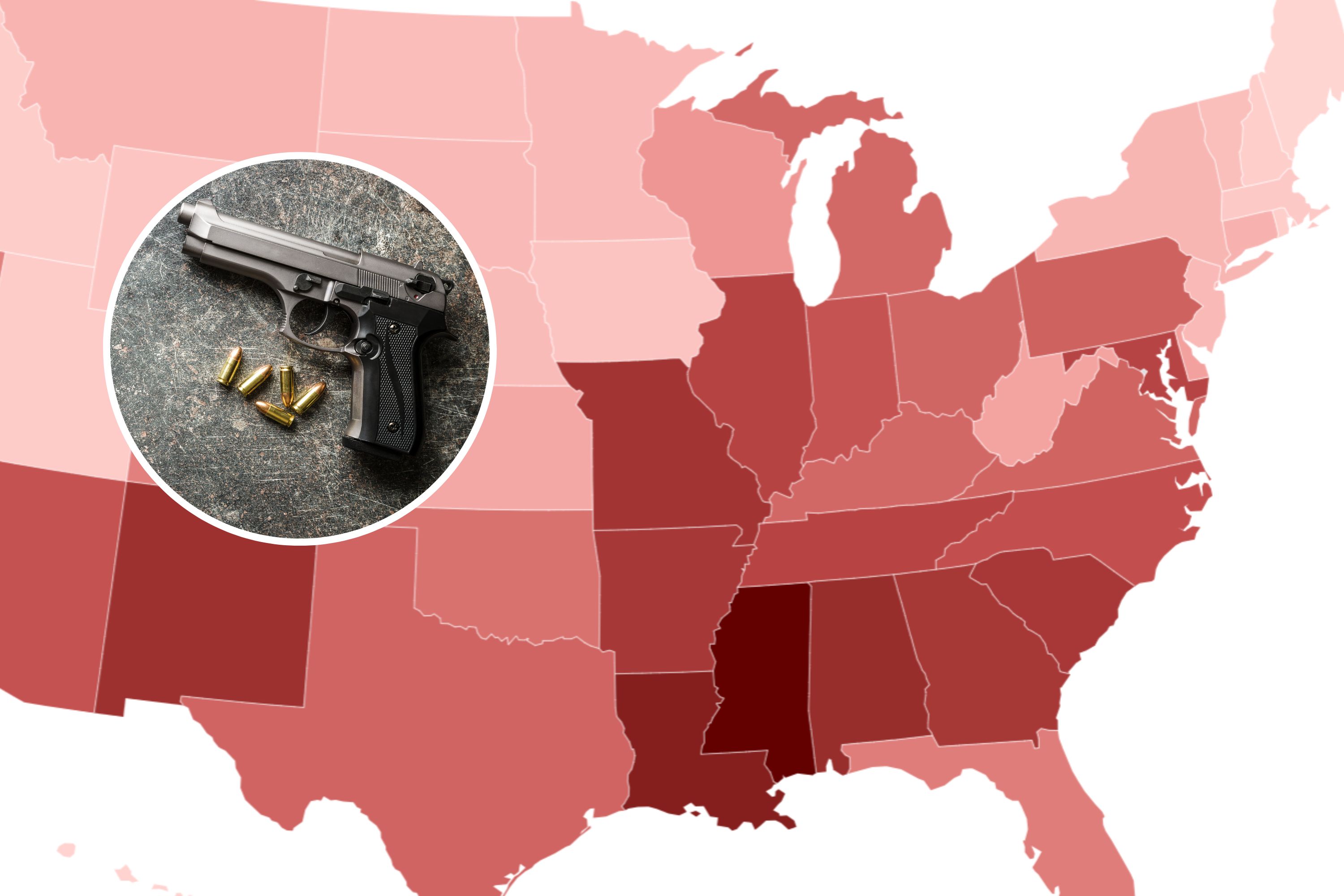
They stand accused of spooky tradecraft, stashing money under a broken bottle in a remote field, transmitting coded messages, and, yes, even writing in invisible ink and exchanging parcels by "brush pass" in train stations. But after federal prosecutors arrested 10 people last week for being part of a deep-cover Russian spy ring, a pair of basic questions remain: what was the point of the spy game—and why did the FBI move now?
According to court documents unsealed last week, some of the Russian agents spent more than 10 years and hundreds of thousands of dollars schmoozing American academics and policymakers, glad-handing for little more than casual gossip and shoptalk. Their most important known connection, New York financier Alan Patricof, a pal of Bill and Hillary Clinton, says that he never talked about anything remotely sensitive with the plant he met. Most baffling of all, none of the agents—who were employees of the SVR, successor to the KGB—tried for more, according to five U.S. and European law-enforcement and national-security officials, who asked for anonymity when discussing sensitive information. The Russians' assignments were to cozy up to people, not pluck secrets. That's why, in the words of one of the U.S. officials, they garnered little more than "what is readily available through Google."
By contrast, the U.S. government got a bonanza of useful material. For more than a decade, American agents spied on the spies, according to these same officials, using physical surveillance, wiretaps, bugs, and secret "black bag" searches. The efforts turned up the names and locations of operatives, details on how they encoded messages, and clues into the goals of stateside Russian espionage. All of which raises a second question: why turn off the spigot?
One key reason: America's cover was unraveling. According to two U.S. security officials, who also asked for anonymity discussing sensitive material, one of the suspects, a New Jersey man named "Richard Murphy" was scheduled to leave the country, perhaps for good, and possibly with information about his watchers. And Murphy wasn't the only one who had grown suspicious. A day before she was busted, when an undercover FBI agent posing as an SVR handler asked Anna Chapman to transfer a fake passport to another purported agent, she balked. The red-haired ingénue—since dubbed "the Minx from Moscow"—later turned in the passport to a New York police station, and claimed that someone was pressuring her to pass it on. The feds arrested her shortly afterward.
Even if the U.S. counter-spy operation was not compromised, other security officials said, it might have outlived its usefulness. It can take teams of dozens of people to execute this kind of surveillance—and the Cold War, at least for now, is dormant.
Uncommon Knowledge
Newsweek is committed to challenging conventional wisdom and finding connections in the search for common ground.
Newsweek is committed to challenging conventional wisdom and finding connections in the search for common ground.





